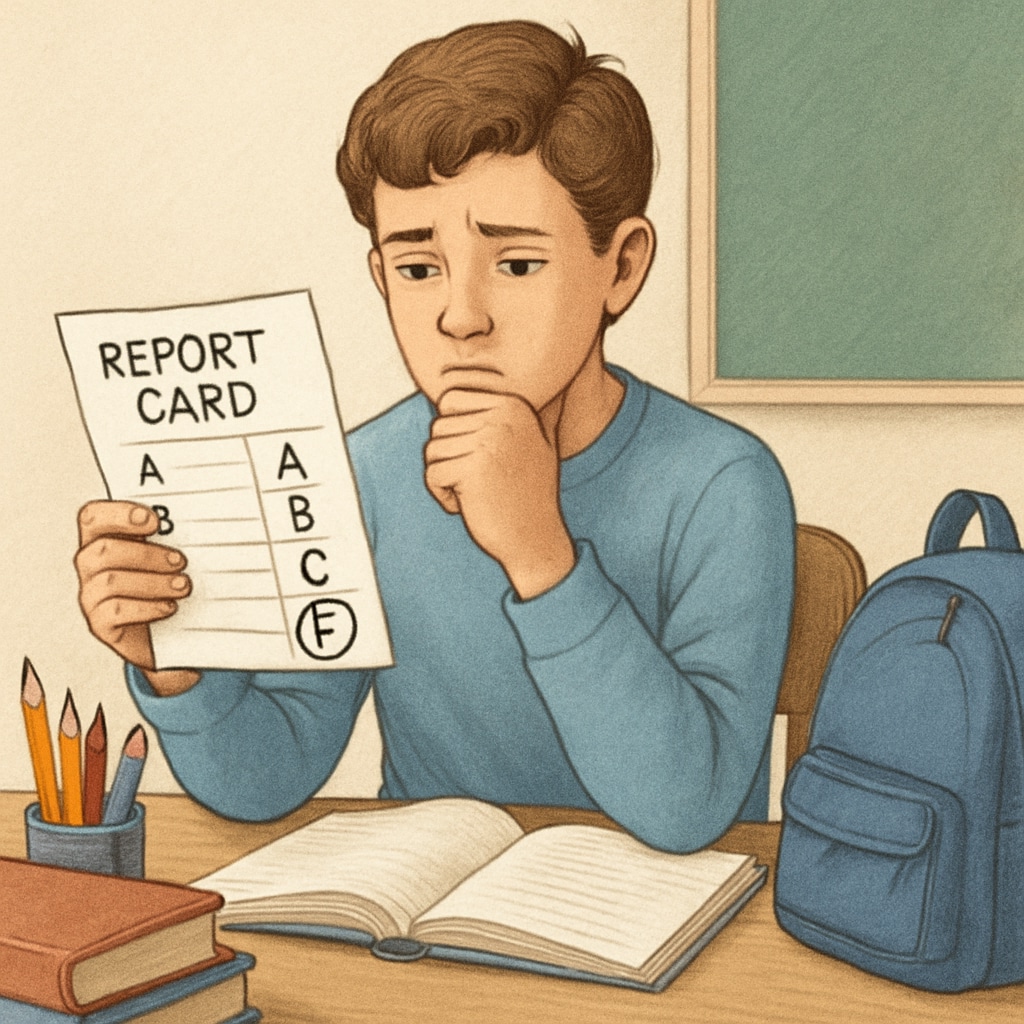When students dream of attending prestigious institutions like Harvard University, every grade feels like it carries immense weight. For example, a 69% in the CALM course (Career and Life Management) might seem like an insurmountable barrier. But how much does a single low score truly impact your application? To answer this, we’ll delve into Harvard’s admissions criteria, real-world scenarios, and strategies for addressing such challenges.

Understanding Harvard’s Holistic Admissions Process
Harvard University is renowned for its holistic admissions process, which evaluates applicants beyond just their grades. This means factors such as extracurricular activities, personal essays, recommendation letters, and interviews carry significant weight. While academic performance is undeniably important, a single low score—like 69% in the CALM course—does not automatically disqualify you from consideration.
According to Harvard’s admissions statistics, the university seeks students who demonstrate intellectual curiosity, resilience, and leadership. For instance, a student with a strong GPA but a single outlier grade might still be viewed favorably if their application narrates a compelling story of growth or perseverance.
To better understand the holistic review, you can explore Harvard’s official admissions page, which outlines their approach to evaluating candidates.
How One Low Grade Can Be Contextualized
Admissions officers often consider the broader context surrounding a low grade. Was it due to a particularly challenging subject, personal hardships, or an adjustment period? For example, if your CALM course grade of 69% was an anomaly in an otherwise strong academic record, admissions officers may view it as a learning experience rather than a red flag.
However, it’s crucial to address such grades proactively. Use the “Additional Information” section of your application to explain the circumstances behind the low score. Emphasize what you learned, how you improved, and how the experience shaped your character. This demonstrates maturity and self-awareness—qualities that Harvard values.

Strategies to Mitigate the Impact of a Low Score
If you’re concerned about how a single low score might affect your chances, here are some actionable strategies:
- Focus on Strengths: Highlight your achievements in other subjects or areas where you excel, such as leadership roles or unique talents.
- Exceptional Essays: Craft a personal essay that paints a vivid picture of your character, values, and aspirations. Use it as an opportunity to provide context for your academic journey.
- Recommendation Letters: Secure strong letters from teachers or mentors who can vouch for your potential and provide insight into your overall capabilities.
- Supplemental Materials: If applicable, submit additional materials like a portfolio or research paper to showcase your academic rigor.
In addition, consider taking advanced coursework or certifications to demonstrate your commitment to continuous learning. Platforms like edX offer free or low-cost courses from top universities that can enhance your academic profile.
Real-World Examples: Students Who Overcame Low Scores
Numerous students with less-than-perfect academic records have successfully gained admission to Harvard and other Ivy League schools. For example, a student who struggled in a single subject but excelled in research and community service might still stand out as a well-rounded candidate. These cases highlight that admissions are not about perfection but potential.
In one instance, a candidate with an average grade in a non-core subject supplemented their application with a compelling essay about the lessons learned from failure. The essay resonated with admissions officers, showcasing the resilience and introspection that Harvard seeks in its students.
Final Thoughts: Does a Low Score Define Your Application?
Ultimately, a single low score, such as 69% in the CALM course, does not have to derail your Harvard aspirations. Admissions decisions are based on a combination of factors, and your ability to present a well-rounded, authentic application can outweigh a minor academic setback. By addressing the issue with transparency and focusing on your strengths, you can turn a potential weakness into an opportunity to showcase growth.
Remember, Harvard—and other top universities—value students who embrace challenges and demonstrate the ability to thrive despite obstacles. With the right approach, your dream of attending Harvard can remain well within reach.


